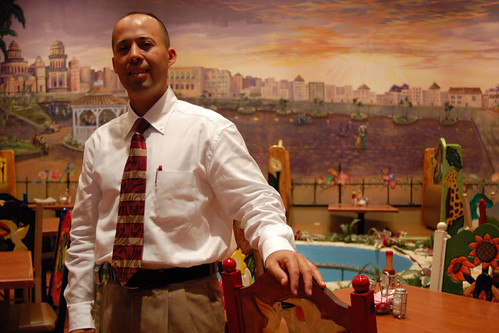A Heated Week: NY Times Chastises Candidates for Lying on Immigration
Sens. Barack Obama and John McCain have been going at each other’s throats in Spanish-language TV commercials on the issue of immigration. As we’ve reported through this week (here, here, here, here and here), the ads – and the candidate’s remarks to Latino audiences – were not always accurate or truthful — and the two candidates tend to talk about immigration only when speaking to Hispanics.
The New York Times has published a harsh editorial on the matter, in which it takes the two candidates to task for, “ignoring immigration,” and for, “lying about it to voters.”
The newspaper calls McCain’s charges that Obama helped kill immigration reform in the Senate, “a jaw-dropping distortion.” Then it calls Obama’s response, “just as fraudulent,” for portraying McCain as a friend of conservative radio host Rush Limbaugh’s.
Then it goes on to say,
Immigration was broken before the candidates started this repugnant ad war, and looks as if it will stay that way for at least the duration of this campaign.
Meanwhile, the Bush administration keeps raiding factories and farms, terrorizing immigrant families while exposing horrific accounts of workplace abuses. Children toil in slaughterhouses; detainees languish in federal lockups, dying without decent medical care. Day laborers are harassed and robbed of wages. An ineffective border fence is behind schedule and millions over budget. Local enforcers drag citizens and legal residents into their nets, to the cheers of the Minutemen.
Both candidates once espoused smart, thoughtful positions for fixing the problem. But Mr. McCain is shuffling in step with his restrictionist party. Mr. Obama gave immigration one brief mention at the Democratic convention, in a litany of big-trouble issues, like abortion, guns and same-sex marriage, on which he seemed to say that the best Americans could hope for are small compromises and to agree to disagree.



